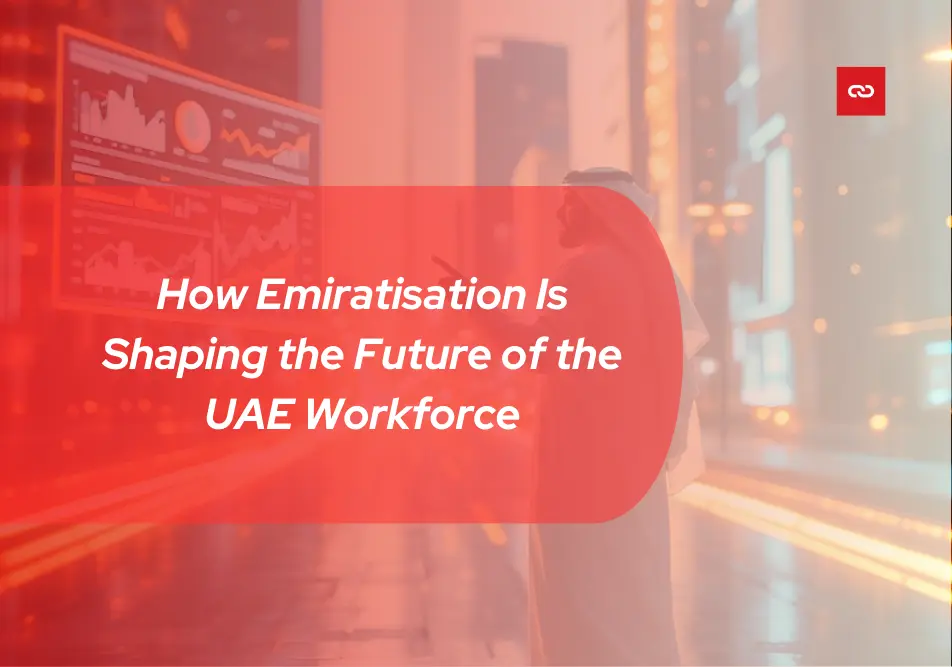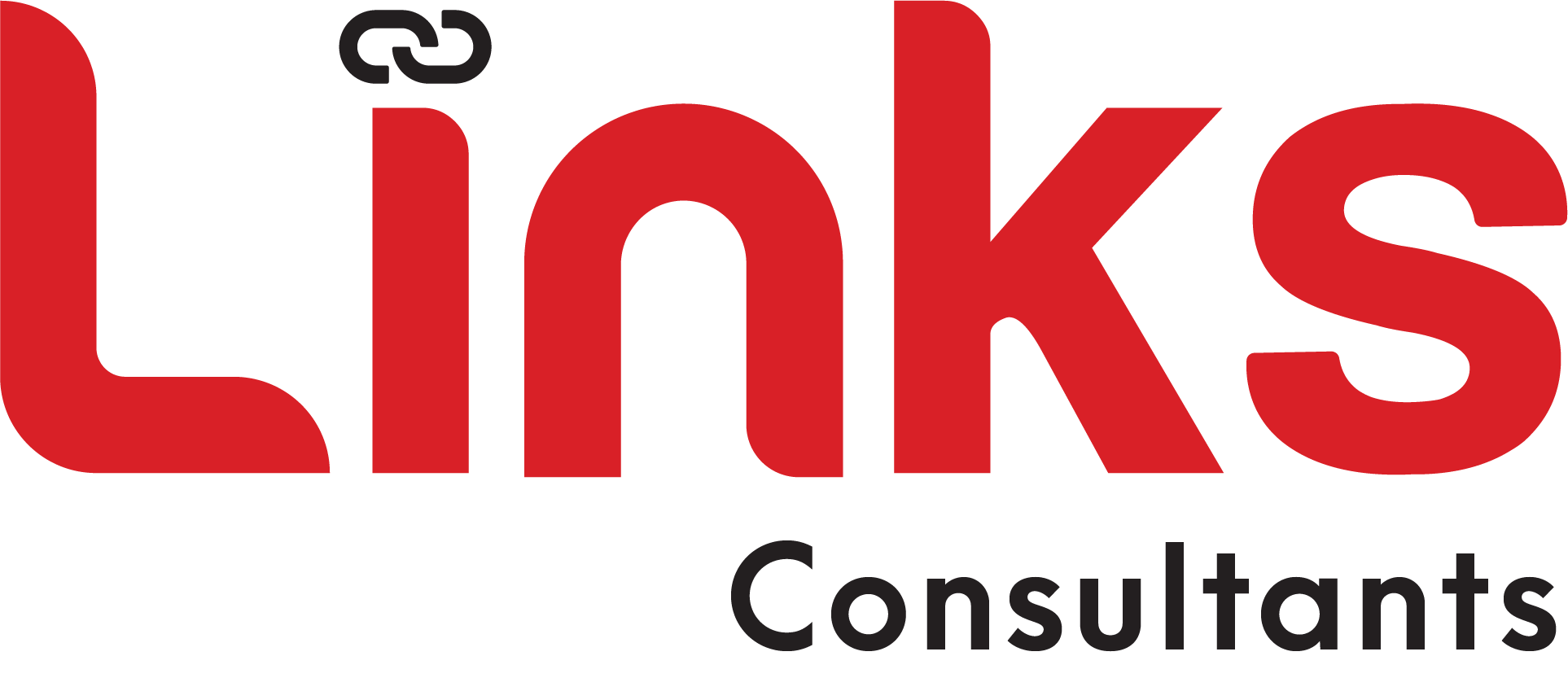
Understanding the Updated Emiratisation Regulations
Who Needs to Comply?
- Companies with 50+ employees must achieve a 7% Emiratisation rate by June 2025, increasing to 8% by year-end.
- Companies with 20-49 employees across 14 key sectors must employ at least two Emirati nationals in skilled positions.
Key Industries Affected
Businesses in the following industries must meet Emiratisation quotas:
- Information & Communications
- Financial & Insurance Activities
- Real Estate Activities
- Administrative & Support Services
- Education
- Healthcare & Social Work
- Arts & Entertainment
- Mining & Quarrying
- Manufacturing
- Construction
- Wholesale & Retail Trade
- Transportation & Warehousing
- Hospitality Services
Penalties for Non-Compliance
How to Ensure Compliance
- Understand Skilled Worker Criteria
Not every role qualifies toward Emiratisation targets. A skilled worker must meet the following:
- Minimum salary: AED 4,000 per month.
- Eligible roles: Customer service, administration, management, and technical positions.
- Educational qualifications: Post-secondary degree or equivalent certifications attested by relevant authorities.
- Avoid Common Non-Compliance Practices
To stay compliant, businesses must refrain from:
- Fake Emiratisation: Hiring Emiratis without assigning real responsibilities.
- Ghost Jobs: Creating nominal roles with no career growth opportunities.
- Temporary Hiring: Employing Emiratis briefly before compliance audits.
- Data Manipulation: Falsifying employment records to appear compliant.
- Properly Advertise Emiratisation Roles
When recruiting Emirati workers:
- Do not post unskilled roles for Emiratisation.
- Avoid misusing Emiratisation incentives in job postings.
- Be transparent about job expectations and benefits.
Emiratisation is more than a compliance requirement, it’s an opportunity to build a sustainable, skilled and diverse workforce that contributes to the UAE’s economic growth. Businesses that take proactive steps to integrate Emirati talent will benefit from reduced penalties, government incentives, and a more diverse workforce.
By understanding the latest regulations, avoiding common mistakes, and leveraging available resources, companies can navigate Emiratisation effectively and secure long-term success in the UAE market.
- From January 1, 2025 companies failing to meet Emiratisation targets will face fines of AED 9,000 per month per unfilled position, totaling AED 108,000 annually.
- Businesses that do not comply by December 31, 2024, will be fined AED 8,000 per month per unfilled Emirati position, amounting to AED 96,000 annually.
- Company Rating Downgrade: Non-compliant businesses may lose their MoHRE rating, affecting their ability to secure government contracts.
- Legal Action: Companies engaging in deceptive hiring practices may face prosecution.
- Mandatory Contributions: Violators may be required to contribute financially to Emiratisation initiatives.
